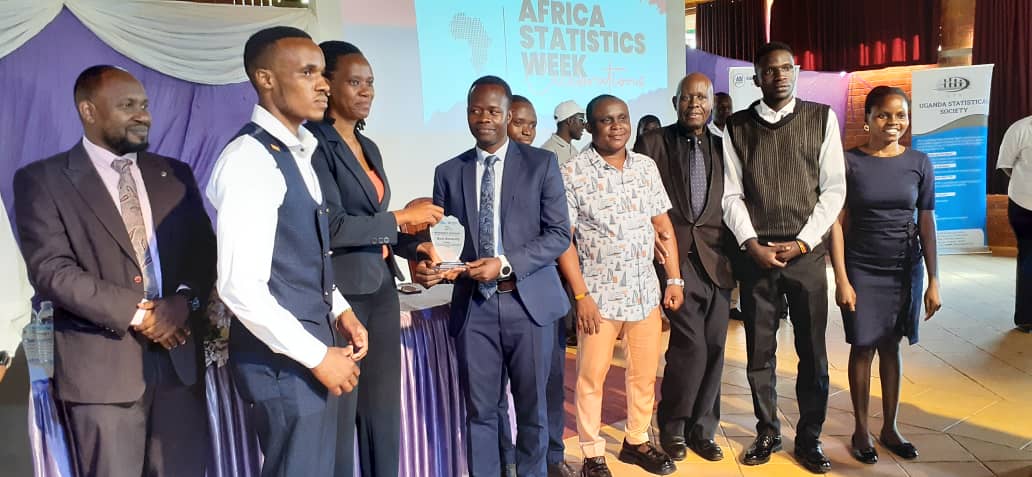The Uganda Bureau of Statistics (UBOS) has warned that inaccurate data continues to undermine peace, governance, and service delivery, leading to poor planning and failed interventions across critical sectors such as health, education, and security.
The Head of Outreach and Quality Assurance at UBOS, Lydia Namono, has cautioned that wrong or manipulated data poses a serious threat to national development and stability.
Speaking ahead of the African Statistics Week celebrations at Uganda Christian University in Mukono, Namono said inaccurate data leads to misguided policies and wasted public resources.
“Your wrong data is no data,” Namono said. “Wrong data is like a blind man unable to guide decisions.”
She explained that when government agencies and institutions rely on incorrect information, resulting programs fail to meet real community needs, which in turn undermines service delivery and long-term development goals.
Namono emphasized the need for scientifically sound data collection using internationally recognized methodologies to ensure reliability and accuracy.
“Providing wrong information misguides the country,” she said. “Correct data is essential for accurate and effective policy, planning, and development.”
This year’s African Statistics Week will be observed under the theme, “Leveraging Innovations in Data and Statistics to Promote a Just, Peaceful, Inclusive, and Prosperous Society for Africa.”
Namono said the theme underscores the crucial role of data in national security and peace-building, citing the use of administrative data to identify crime trends and inform policy interventions.
In his remarks, Vincent Kisenyi, Dean of the School of Business at Uganda Christian University, highlighted the importance of statistics in evidence-based decision-making.
He said credible data ensures effective planning and helps institutions achieve their objectives, but expressed concern that some leaders manipulate or ignore available data for personal or political interests.
“It is a great challenge that some leaders do not use credible data to make decisions,” Kisenyi said. “This undermines progress and credibility in governance.”
Representing the President of the Uganda Judicial Officers Association, Daphine Ayebare of Nakawa Magistrate’s Court commended UBOS for organising the symposium, calling it timely in strengthening data-driven governance.
“Data is no longer an accessory in governance—it is a necessity,” Ayebare said. “For the justice sector, data and statistics are central to judicial transformation, efficiency, access to justice, and public trust.”
She noted that accurate data helps judicial officers understand crime patterns, enhance transparency, and tackle case backlogs to improve access to justice.
Elvis Segawa, a statistics student at Uganda Christian University, lauded UBOS for introducing the census dissemination portal, which he said offers credible and accessible data for research.
He added that the training helped him distinguish between verified statistical sources and unreliable social media content.
The African Statistics Day celebrations, scheduled for November 18, will feature a week-long symposium organized by UBOS to raise awareness on the importance of reliable data in building peaceful, just, and prosperous societies across Africa.


